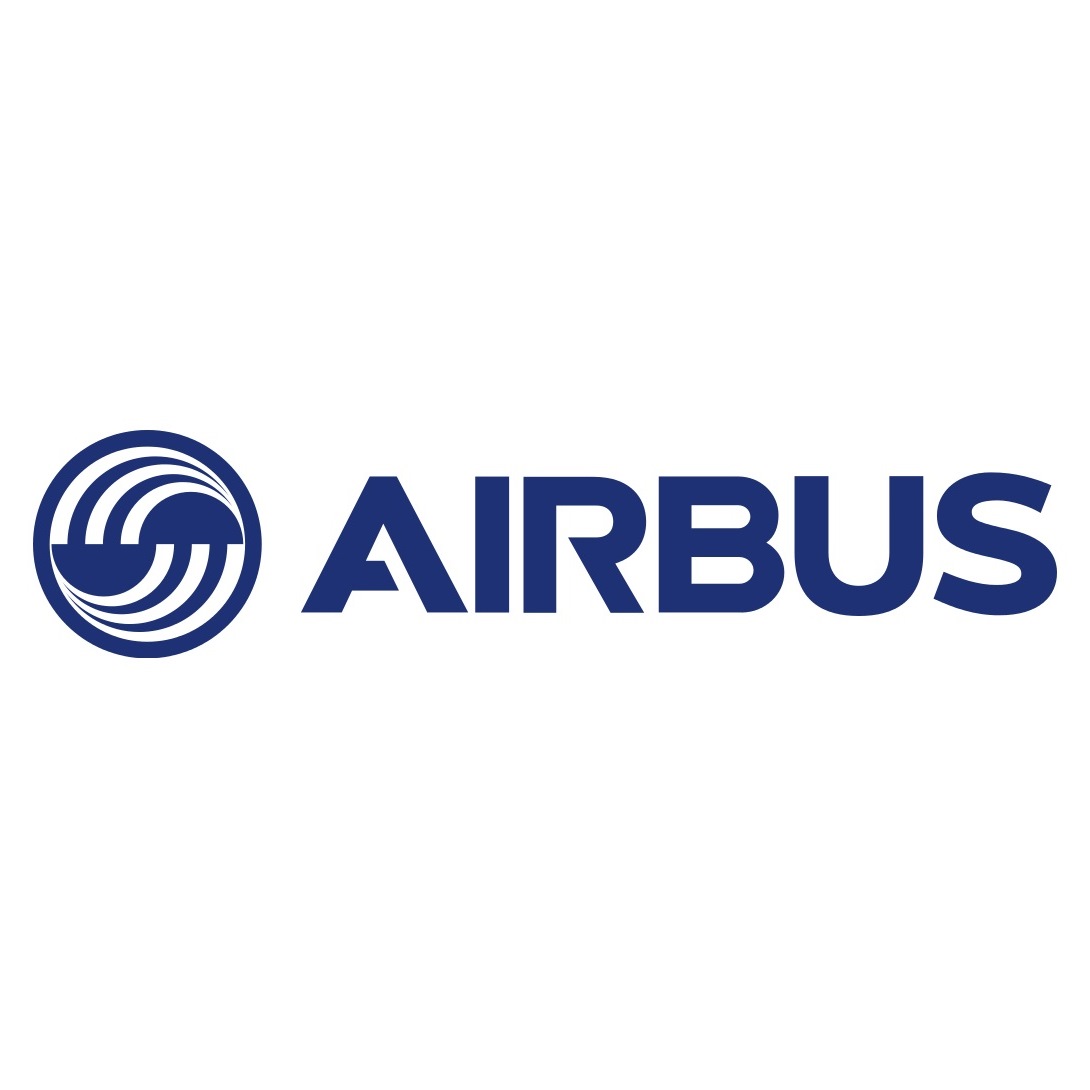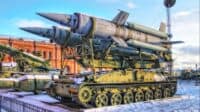
For the second time in two days, Boeing Co. (NYSE: BA) has watched from the sidelines as competitors walked away with large orders for single-aisle, narrow-body passenger planes. The buyer, Delta Air Lines Co. (NYSE: DAL), already counts 141 Boeing 737 planes in its fleet, but that number does not appear to be in danger of growing.
Delta placed an order for 37 A321 narrow-body planes with Airbus on Friday. The airline has just two of the 185-seat planes. Delta also flies 69 of the smaller A320s, but these planes have an average age of more than 21 years and seat around 145 passengers.
On Thursday, Bombardier announced an order from Delta for 75 of its 110-seat CS100 jet, along with options on another 50. Delta seems intent on replacing its narrow-body fleet while the airline is raking in profits due to low fuel prices.
In addition to Delta’s 737 fleet, it also has 16 Boeing 757-200s in its fleet. Those largest of these narrow-body planes, the 757-300, seat around 225 passengers and have an average age of 13.3 years. The airline also flies 113 Boeing 757-200s, a smaller version of the same plane that seats around 185 passengers. The average age on those planes is nearly 20 years.
But the planes Friday’s order are targeted to replace are Boeing’s MD-88s, of which the airline has 116, with an average age of nearly 26 years. The plane seats around 150 passengers.
The Airbus A321 was probably offered to Delta at a bargain price because Airbus will begin next year to manufacture a re-engined version dubbed the A321neo. The new version, like Boeing’s 737 MAX, are more fuel-efficient than the older planes, but Delta, which owns its own oil refinery, is likely betting that crude oil prices will remain reasonably low for a long time, and it is saving money by ordering the older planes.
The Bombardier jets that Delta has ordered are very fuel-efficient, but Bombardier was so eager to make the sale that it priced the planes aggressively in order to win the sale, according to its CEO, who is cited in a Reuters story.
Sources told Reuters that the list price of $71.86 million was discounted by two-thirds, which pencils out to around $24 million per plane. Bombardier lost a sale to United when Boeing priced its 737-700s in the same range, and the Canadian maker could not afford to let that happen again.
Although Delta ordered the smaller version of Bombardier’s CSeries, it has the option of switching the order to the larger 135-seat CS300. That’s roughly equivalent to the seating capacity of Boeing’s 737-700.
Delta’s fleet includes 10 Boeing 737-700s with an average age of just 7.3 years and 58 of the larger 737-900s with another 10 on order, according to Planespotters.net. The Airbus A321s the airline just bought compete favorably with the Boeing jets, and Airbus may be able to price its planes at a point that Boeing can’t match.
For the rest of this decade, we are very likely to see more of these pricing battles between airplane makers as new orders drop sharply from the highs of the past few years. The battles will take place in both the narrow-body and wide-body commercial jets, and there will be plenty of blood on the floor.
Take Charge of Your Retirement In Just A Few Minutes (Sponsor)
Retirement planning doesn’t have to feel overwhelming. The key is finding expert guidance—and SmartAsset’s simple quiz makes it easier than ever for you to connect with a vetted financial advisor.
Here’s how it works:
- Answer a Few Simple Questions. Tell us a bit about your goals and preferences—it only takes a few minutes!
- Get Matched with Vetted Advisors Our smart tool matches you with up to three pre-screened, vetted advisors who serve your area and are held to a fiduciary standard to act in your best interests. Click here to begin
- Choose Your Fit Review their profiles, schedule an introductory call (or meet in person), and select the advisor who feel is right for you.
Why wait? Start building the retirement you’ve always dreamed of. Click here to get started today!
Thank you for reading! Have some feedback for us?
Contact the 24/7 Wall St. editorial team.
 24/7 Wall St.
24/7 Wall St.
